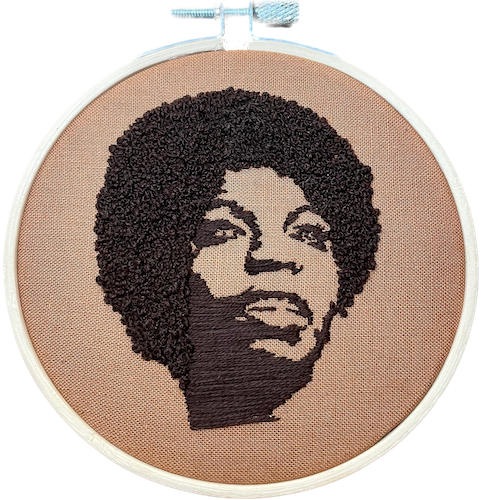
Nina Simone
Nina Simone, born Eunice Waymon, was a musical force impossible to classify. With a voice that effortlessly traversed folk, blues, jazz, soul, and gospel, her artistry defied boundaries.
Her journey began at the tender age of 4 when she started playing the piano. She eventually received classical training at the prestigious Juilliard School in New York.
In 1954, she began her career in a bar and grill in Atlantic City under the stage name Nina Simone, hiding her musical pursuits from her mother.
Initially, she sang love songs, but the rising tide of the civil rights movement compelled her to shift her focus. She declared that a higher love, one that could unite people in their fight for rights, had become her inspiration. "I stopped singing love songs and started singing protest songs because protest songs were needed," she declared.
Simone's music became a powerful tool for social and political commentary, and she became known for her iconic protest songs, weaving the turbulent times of the 1960s into her compositions.
Throughout her career, Nina Simone's eclectic talents and provocative social commentary made her a legend in the world of music, leaving an indelible mark on the cultural landscape. Her music was not just a reflection of the times; it was a catalyst for change and a testament to the enduring power of art as a political force.